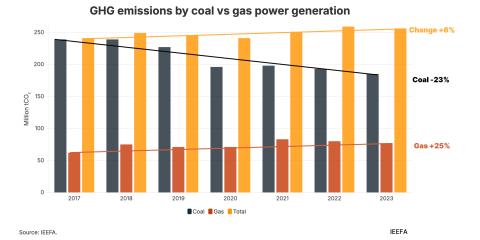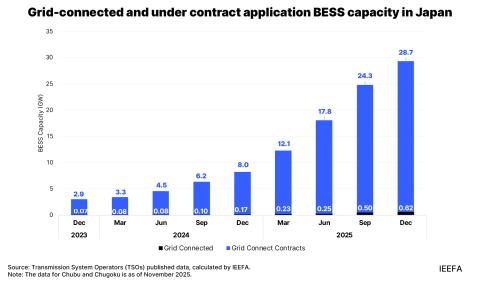A bad month for the Southeast Asian coal power juggernaut
Download Full Report
Key Findings
Tracking the status of Indonesia’s many IPPs is a complicated task made more complex by PLN’s lack of transparency concerning its planning processes, the terms for project awards, and governance considerations related to the finalization of power purchase agreements (PPAs).
Just days before Indonesia’s anti-graft investigators lifted the lid on severe problems with PLN’s IPP program, Malaysia’s new Energy, Technology, Science, Climate Change and Environment Minister Yeo Bee Yin announced Malaysia is cancelling four new IPP contracts.
Executive Summary
The complexity of Southeast Asia’s tortured relationship with coal can be difficult to pin down. Usually, the case for coal rests on an expedient growth agenda premised on unproven arguments that coal power is “cheap” and that the guarantees needed to attract foreign investment are a cost-free option. This is a high-risk scenario that is increasingly testing the abilities of the most capable government officials, especially those who are well aware of the long-term financial advantages of deflationary renewables and who shudder at the cost of locking in inflationary long-term FX commitments. The problem for the bureaucrats has been finding the right local examples that make it crystal clear that coal advocates and bankers have loyalty only to their own interests.
Thankfully, for observers of power sector policy, July was a month rich in examples of what needs to be fixed and what needs to be stopped in Southeast Asia. These two themes seem destined to shape the work lying ahead for the policymakers, power sector leaders, and investors who will re-shape Southeast Asia’s energy landscape. This is not easy work however. The new market structures that are needed to create cost-effective economic incentives are emerging, but they must be customized for each country’s market infrastructure. Nevertheless, the obvious first step in Southeast Asia is to stop underpricing fossil fuel risk which is locked into the long-term contracts that support independent power producers (IPPs).
What was behind July’s turn of events? We have recent elections in Indonesia and Malaysia to thank for renewed confidence in the importance of addressing persistent corruption and governance problems that have afflicted the power sector for years. And just as government officials are focusing on efforts to clean up the sector, bankers are rushing in the opposite direction to lock in the bounty which results from old-style project finance deal-making. Despite much higher emerging market currency volatility in the first half of 2018, bankers remain eager to push deals into the market before higher rates and more active policy interventions complicate the sector’s outlook.
Please view full report PDF for references and sources.
Press release: IEEFA update: Southeast Asian fossil fuel risk is underpriced















